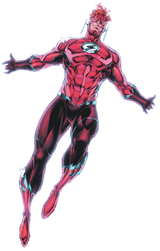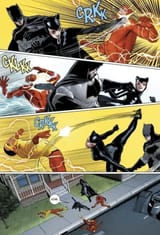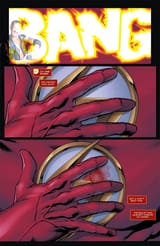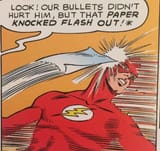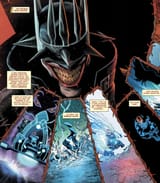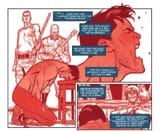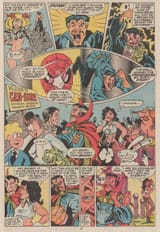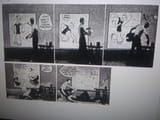>>149044091
Simple; they're not spoken for. If a character isn't mentioned in the games, then a writer actually has creative freedom. If the character is in the games, then they actively have to address what happened to them to make them reach that point.
The first game says that Nightwing was killed by Damien. That means you have to see how that happens, no matter how bad of an idea it is. The reader and author know this, and it can sap away engagement. Plastic Man? He could do anything, and anything could happen to him. The narrative stakes rest in the hands of the secondary characters.
Keep in mind that the comic writers don't get a say in shit when it comes to tie-in material, they're handed the plot and have to stitch it together (also remember that this series made Tom Taylor, he wasn't really notable prior to Injustice; it was a shitty digital-first tie-in book). Game plots are similar - until relatively recently levels were made first, and when the game was basically done, they'd bring in a writer to pull something out of their ass to stitch that random shit together. This includes "narrative" based games. An example of this is the Tomb Raider reboot. Things only started to shift away from that in the last console generation, but many games are still built that way. That means that when it comes to a book like Injustice, you're essentially on the third rung of bullshit for how the plot is created for this universe.
